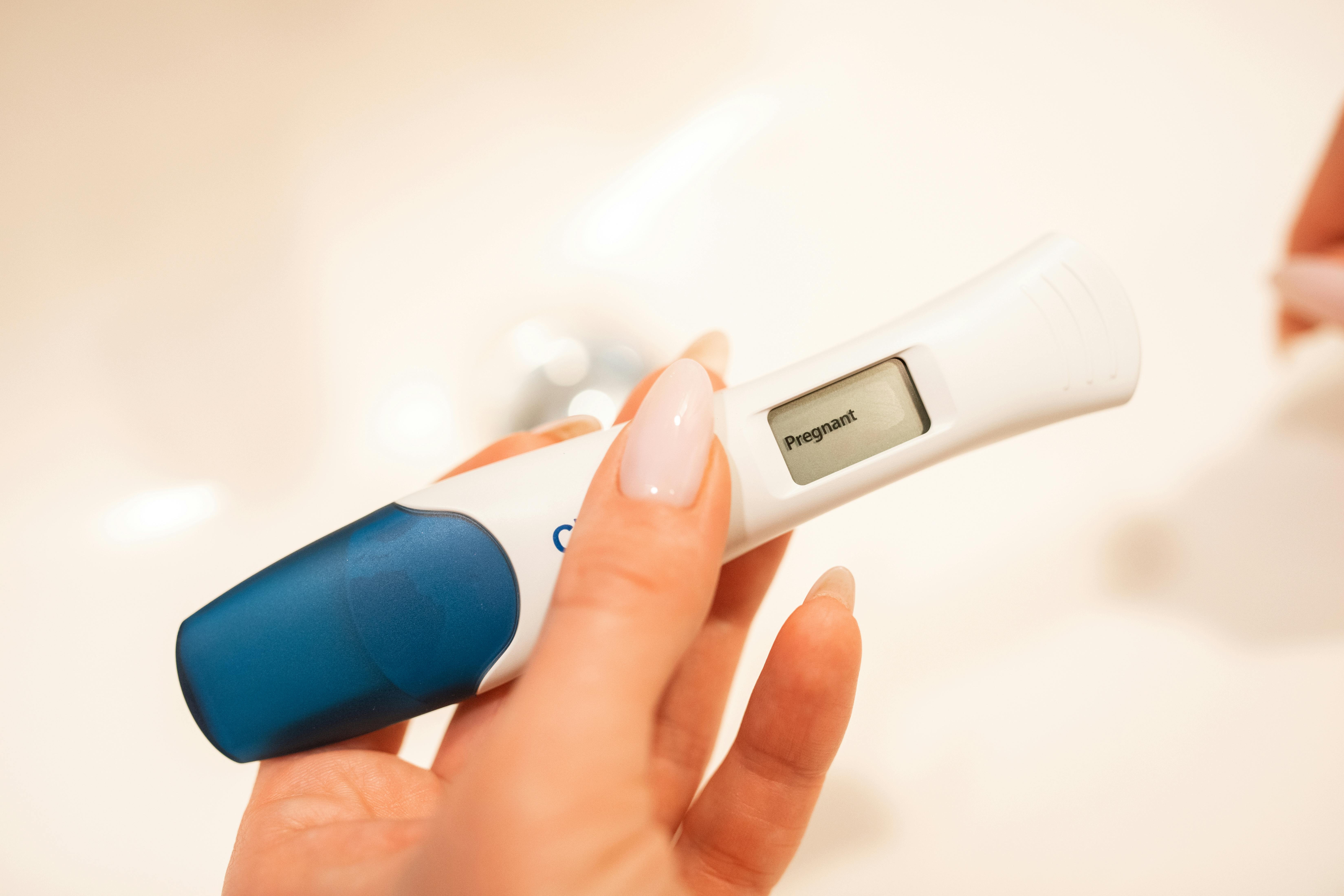Sleep is one of the most critical components of a child’s development. Quality sleep supports everything from cognitive function to emotional well-being, and physical growth to immune system strength. However, many children struggle with getting the restful, uninterrupted sleep they need. If your child is having restless nights, waking frequently, or struggling to fall asleep, magnesium might be the natural solution you’ve been searching for.
👉 Support your child’s sleep naturally with Designs for Health Tri-Mag Night Powder, a highly absorbable magnesium supplement designed to promote relaxation and deep, restful sleep.
Understanding the Importance of Sleep for Children
Before diving into how magnesium can help, it’s essential to understand just how crucial sleep is for your child. During sleep, the brain consolidates learning and memories, processes emotions, and clears out toxins. Physically, growth hormone is released primarily during deep sleep, contributing to bone and muscle growth, as well as tissue repair. Insufficient or poor-quality sleep can lead to a host of issues, including behavioral problems, weakened immune function, and difficulties in learning and attention.
For children with ADHD or anxiety, sleep can be even more elusive, often creating a cycle where lack of sleep exacerbates these conditions, making it harder for them to relax and fall asleep the next night.
The Role of Magnesium in the Body
Magnesium is a vital mineral that plays a role in over 300 enzymatic reactions in the body, making it essential for numerous bodily functions. These include nerve function, muscle relaxation, blood glucose control, and bone health. Magnesium is often referred to as the "relaxation mineral" because of its role in calming the nervous system, reducing stress, and promoting relaxation—all of which are crucial for a good night's sleep.
However, many children (and adults) are not getting enough magnesium in their diets. This deficiency can lead to symptoms such as irritability, anxiety, muscle cramps, and, notably, sleep disturbances.
💤 Help your child sleep better with Tri-Mag Night Powder by Designs for Health.
How Magnesium Supports Sleep
Magnesium aids sleep through several key mechanisms:
- Regulation of Melatonin Production: Melatonin is the hormone responsible for regulating the sleep-wake cycle. Magnesium helps convert tryptophan, an amino acid, into serotonin, which is then converted into melatonin. Adequate magnesium levels can support healthy melatonin production, helping your child fall asleep more easily and stay asleep longer.
- Relaxation of Muscles: Magnesium plays a significant role in muscle function. It helps regulate muscle contractions and has a calming effect on muscles, which can prevent the restlessness or muscle cramps that might wake your child during the night.
- Reduction of Stress and Anxiety: Magnesium has been shown to have a calming effect on the nervous system. It regulates the production of cortisol, the stress hormone, and supports GABA (gamma-aminobutyric acid) receptors in the brain. GABA is a neurotransmitter that promotes relaxation and sleep. By reducing stress and anxiety, magnesium makes it easier for your child to unwind and fall asleep.
- Support for Nervous System Health: Magnesium helps maintain the balance of neurotransmitters in the brain, which is crucial for mood regulation and sleep. A balanced nervous system is key to ensuring that your child can transition smoothly from wakefulness to sleep.
💤 Give your child the sleep support they need with Tri-Mag Night Powder, a gentle, highly absorbable magnesium formula designed to calm the mind and body.
Signs Your Child May Need More Magnesium
If your child is experiencing any of the following symptoms, they may be deficient in magnesium:
- Difficulty falling asleep or staying asleep
- Restless sleep or frequent waking
- Muscle cramps or twitches, especially at night
- Anxiety, irritability, or mood swings
- Fatigue or low energy levels during the day
- Frequent headaches
👉 Support your child’s magnesium levels naturally with Tri-Mag Night Powder, an easy-to-mix powder formulated for gentle, effective absorption.
How to Increase Magnesium Intake Naturally
There are several ways to ensure your child is getting enough magnesium to support their sleep and overall health:
- Magnesium-Rich Foods: Incorporating magnesium-rich foods into your child’s diet is the first step. Some excellent sources of magnesium include:
- Leafy green vegetables (spinach, kale)
- Nuts and seeds (almonds, pumpkin seeds)
- Legumes (black beans, lentils)
- Whole grains (brown rice, quinoa)
- Avocado
- Bananas
- Dark chocolate (in moderation)
- Magnesium Supplements: If your child is not getting enough magnesium from their diet, supplements can be a helpful addition. There are various forms of magnesium supplements available, including magnesium citrate, magnesium glycinate, and magnesium oxide. It's important to choose a form that is well-absorbed and gentle on the stomach, such as magnesium glycinate, which is known for its calming effects. 💤 Try the best magnesium supplement for sleep:👉 Tri-Mag Night Powderfor optimal sleep support.
- Before starting any supplement, it’s essential to consult with a healthcare provider, especially for young children, to determine the appropriate dosage and form.
- Epsom Salt Baths: Epsom salts are a great way to absorb magnesium through the skin. Adding a cup of Epsom salts to your child's bath can provide a calming, relaxing experience that may help them wind down before bed. This is particularly useful for children who may be resistant to taking supplements.
- Magnesium Topical Sprays and Lotions: Topical magnesium sprays and lotions can be applied directly to the skin and are absorbed into the bloodstream. These can be particularly useful for targeting areas of muscle tension or cramps and can be part of a calming bedtime routine.
Creating a Magnesium-Enhanced Bedtime Routine
To maximize the sleep benefits of magnesium, consider incorporating it into a consistent bedtime routine. This might include:
- A warm bath with Epsom salts
- A magnesium-rich snack, such as a banana with almond butter
- A calming activity, like reading a book or practicing deep breathing exercises
- Applying magnesium lotion or spray to your child’s legs if they experience restlessness or cramps
- A scoop of Tri-Mag Night Powder in warm water before bed
By making magnesium a regular part of your child's evening routine, you can help create a calming, sleep-friendly environment that supports restful nights and better overall health.
ORDER DESIGNS FOR HEALTH MAGNESIUM HERE
Conclusion
Magnesium is a natural, effective solution for helping children achieve the restful sleep they need for healthy growth and development. By ensuring your child gets enough magnesium through diet, supplements, or topical applications, you can support their ability to fall asleep faster, stay asleep longer, and wake up refreshed.
Ready to Help Your Child Sleep Better?
🛒 Order Tri-Mag Night Powder today!
If you have concerns about your child's sleep or magnesium intake, the team at Pinnacle Chiropractic is here to help. We specialize in nervous system-based care that supports your child's overall well-being, including their sleep health. Contact us today to learn more about how we can assist in creating a healthy sleep routine for your child.










